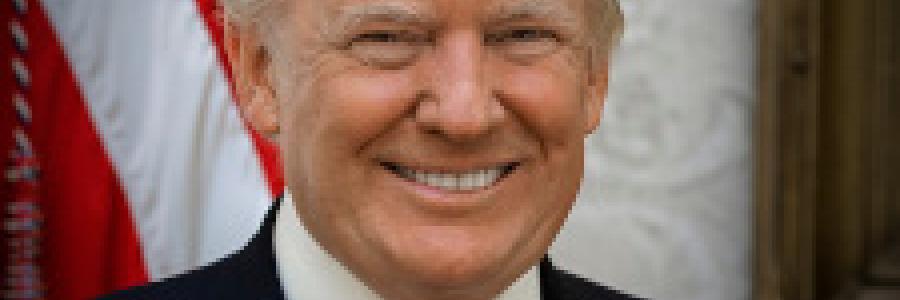Embargoed Billy Graham documents to be released
Body
“Starting Monday (March 19), two new collections about his ministry, including notebooks documenting Graham’s personal relationship with each U.S. president from Harry S. Truman to Barack Obama, will be opened to the public” BPNews
Discussion
Presidential Character and Competence: A Presidents’ Day Reflection
Body
“The Old Testament is replete with examples of how Israel prospered under kings with godly character and foundered under those with a despicable character. In Plato’s “Republic” character is the most important qualification of rulers.
Discussion
How to Think Straight About Trump
Quite a few conservative-ish Christians are not thinking straight about President Trump. The work of pollsters continues to reveal this. Conversations with believers, both online and in person, bear it out as well. My purpose here isn’t to pile up evidence critical of Trump’s character, political philosophy, and management style.
The weightier problem is the thought process many are using to evaluate the president. We’re not going to see what we need to see unless we put the whole matter in the right light first.
So here’s an effort at improving the light a bit—in six steps.
Discussion
From the Archives: Do the Religious Beliefs of US Presidents Matter?
(Used with permission from Baptist Bulletin July/Aug. 2012. All rights reserved.)
Do the religious beliefs of U.S. presidents matter? Though the question is not new (Baptists, as well as Protestants and evangelicals in general, wrestled with “the Catholic issue” when John F. Kennedy ran for president in 1960; Kennedy spoke to allay their fears), American voters appear to be headed toward a 2012 election with unusual religious features. As of this writing, the top-tier choices include a vaguely “Christian” candidate and an indisputably Mormon candidate. The latter appears certain to become the Republican nominee for president. This development has many taking a fresh—and anxiety-tinged—look at what they believe about separation of church and state.
For conservative Christians, the situation is especially uncomfortable. They believe deeply that President Obama’s political philosophy and policies are harming the country and that he must be defeated, yet they find Mitt Romney’s Mormonism disturbing. After all, though the Mormon religion is suffused with old-fashioned American values, it’s a religious newcomer born entirely by reinventing major components of the Christian faith—and that sort of reinventing is a profoundly “unconservative” thing to do to the religion that built Western civilization.




Discussion